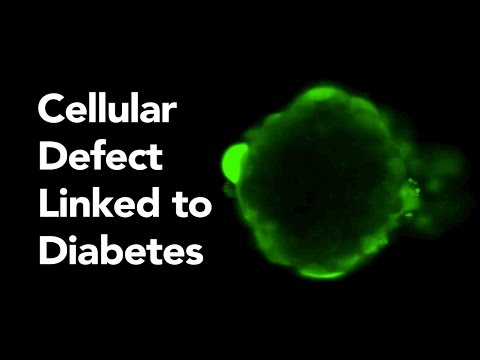New research from Rutgers, The State University of New Jersey, links acetaminophen, the medicine in pain relievers such as Tylenol, to improved heart muscle recovery following ischemic attacks � periods of reduced blood flow typical of coronary artery disease.
Laboratory findings reported by Professor Gary F. Merrill, Rutgers' department of cell biology and neuroscience, indicate a significant improvement in acetaminophen-treated hearts compared with non-treated hearts following periods of induced ischemia.
"Our goal over the past few years has been to examine the potential protective effect of acetaminophen on the function of the heart muscle and coronary circulation," said Merrill.
"We now have results from several published studies that suggest acetaminophen exerts an antioxidant effect on heart muscle cells, blocking the damage caused by chemicals known as oxidants." Merrill attributed the rapid post-ischemia recovery of heart muscle function and circulation observed to the antioxidant properties of acetaminophen.
"We are extremely encouraged by these preliminary findings and look forward to future investigations to confirm them in humans," said Merrill. "In the interim, we do not recommend that acetaminophen users deviate from recommended dosages," he added.
Continue Reading Below ↓↓↓
Ischemic heart disease is a widely recognized precursor to heart attack. Episodes of ischemia, which are generally accompanied by the painful condition called angina pectoris, are the result of reduced blood flow through the coronary arteries that supply vital oxygen to the heart muscle. As coronary arteries become progressively narrowed due to fatty deposits on the inside of their walls, their ability to sustain adequate blood flow diminishes.
According to the American Heart Association, heart disease is the country's number one killer of both men and women. In 1999 alone, it claimed nearly 700,000 lives.
Merrill described his research as part of a growing body of evidence supporting the positive effects of acetaminophen on the cardiovascular system. His findings, together with those of Dr. Addison Taylor of Baylor College of Medicine, Houston, and Professor Phillip Greenspan of the University of Georgia College of Pharmacy, indicate that acetaminophen may play a role in preventing some of the damaging effects of cardiovascular disease. Taylor and Greenspan separately conducted investigations showing acetaminophen may help protect against the life-threatening condition, hardening of the arteries.
Rutgers, The State University of New Jersey, educates more than 50,000 students on its three campuses. As one of America's leading public research universities, Rutgers encourages graduate and undergraduate students to work side-by-side with renowned professors investigating such intriguing topics as the nature of dark matter in the universe, bioinformatics and the genetic basis for diseases. The research described in this release was supported through an unrestricted grant from McNeil Consumer & Specialty Pharmaceuticals, Fort Washington, Pa.
Published studies referenced above:
- Merrill, G.F.: Antioxidant actions of acetaminophen preventing myocardial injury detected by luminescence and other modalities. In Van Dyke, K., Van Dyke, C., Woodfork, K.: Luminescence Biotechnology. New York: CRC Press, 2002.
- Merrill, G.F.: Acetaminophen and low-flow myocardial ischemia: Efficacy and antioxidant mechanisms. American Journal of Physiology - Heart and Circulatory Physiology, 282:H1341-H1349, 2002.
- Merrill, G., McConnell, P., Van Dyke, K., Powell, S.: Coronary and myocardial effects of acetaminophen: Protection during ischemia-reperfusion. American Journal of Physiology - Heart and Circulatory Physiology, 280:H2631-H2638, 2001.
- Merrill G.F., Goldberg, E.: Antioxidant properties of acetaminophen and cardioprotection. Basic Research in Cardiology, 96:423-430, 2001.
Source: Rutgers University










